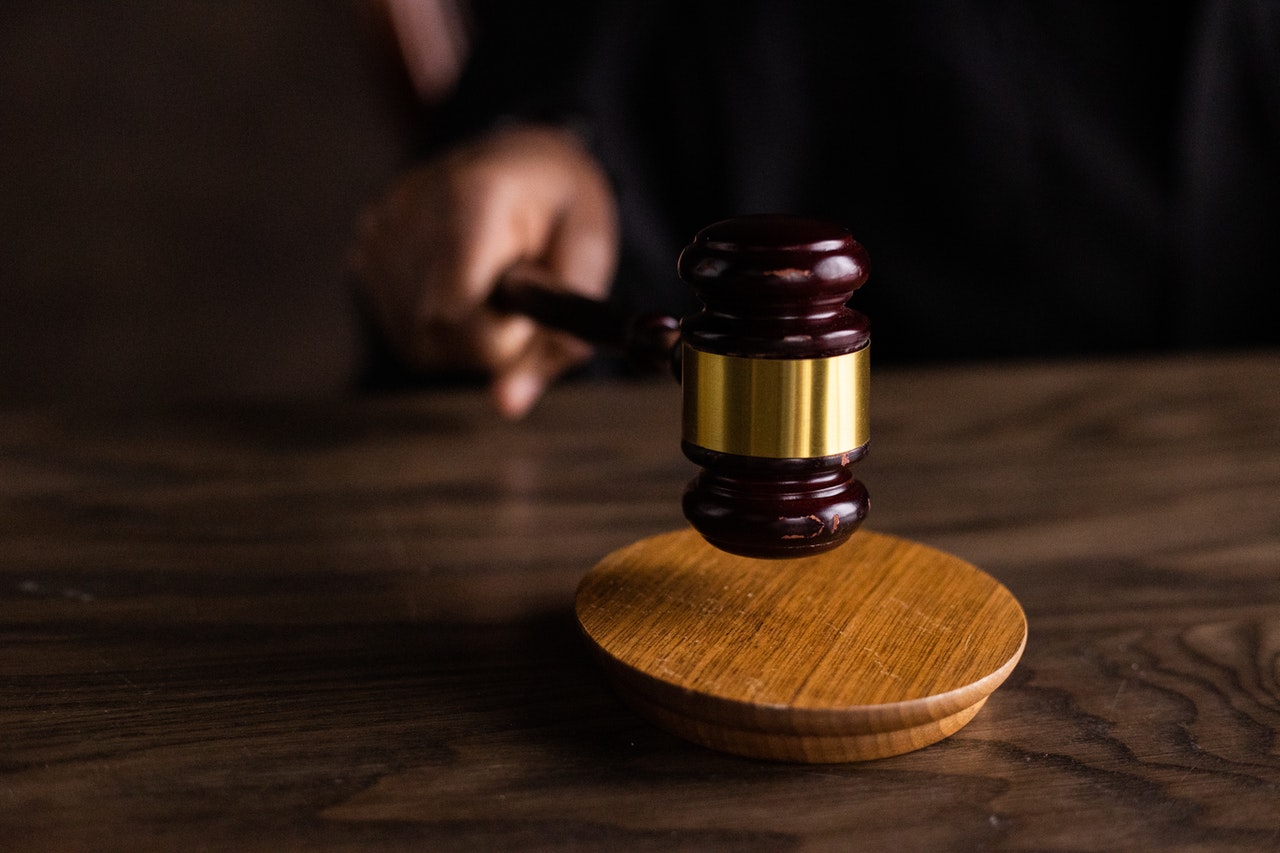
In Utah, not all courts are the same. In fact, there are four specialty courts that work with defendants to help them find alternatives to incarceration and/or a reduction of charges. Specialty courts are mainly for those who have substance abuse issues or a mental health diagnosis. These courts work with defendants to reduce the possibility they will commit crimes in the future. This includes court-ordered requirements such as treatment and classes.
There are a few ways to be considered for a specialty court. All of the screenings below are used to identify the level of help needed for the person and if a specialty court will be a good fit.
LSCMI stands for Level of Service/Case Management Inventory. This test asks questions about things like criminal history, education, family info, substance problems, and attitudes. The results of this test help inform the court about the amount and type of supervision a person may need.
ARS stands for Assessment and Referral Services. This is a screening conducted by the University of Utah Health clinic within the Department of Psychiatry. The results of this assessment are thorough and include information about substance abuse and mental health.
Veterans must also complete the Veterans Treatment Court Enhancement Initiative assessment.
After completing these assessments, the District Attorney’s Office will use the information to determine a person’s eligibility and assign them a case manager and treatment specialist in a specialty court if they qualify.
Utah Criminal Justice Services has four specialty courts: drug court, ASAP court, veteran’s court, and mental health court.
According the the Utah code, the “drug court program shall include continuous judicial supervision using a cooperative approach with prosecutors, defense counsel, corrections, substance abuse treatment services, juvenile court probation, and the Division of Child and Family Services as appropriate to promote public safety, protect participants' due process rights, and integrate substance abuse treatment with justice system case processing.”
That’s the legal way of saying that drug courts are designed to help frequent offenders who don’t seem to get the help they need in the traditional courts. Drug courts use drug testing and a treatment plan to help those convicted of crimes get off of drugs and reduce the likelihood they will commit more crimes in the future.
ASAP stands for Alternative Substance Addiction Program. This program is specifically for those criminal defendants who are considered low or medium risk and have substance abuse issues.
To qualify for veteran’s court, you must have served in the armed forces, qualify for veterans benefits, and be under probation or prepared to enter a plea in abeyance. The veterans' court provides a way for struggling veterans to get specialized help and avoid incarceration.
According to the National Institute of Corrections, “veterans treatment courts respond to the unique circumstances of veterans entering the justice system. . . . Research has consistently shown that clinical interventions are most effective when they are based on risk-need-responsivity principles. . . . By incorporating the latest research on trauma, substance use disorders, and other issues affecting veterans, these tools are designed to help veterans treatment courts meet the special needs of justice-involved veterans.”
All this to say that veterans have specific needs, and traditional courts do not always meet those needs. This is why the veteran’s court was established. Salt Lake City was one of the first four veteran’s courts in the nation established in 2020.
Another alternative to traditional courts is mental health court. This was created to assist those convicted of a crime who suffer from a diagnosis of schizophrenia, bipolar disorder, or schizoaffective disorder. However, the courts may also accept those suffering from other diagnoses like PTSD or depression. Mental health court uses a variety of treatment plans including requirements to complete mental health counseling.
If you or a loved one have been charged with a crime and suffer from a drug addiction or mental health illness, there may be a better alternative than the traditional courts. The lawyers at Brown, Bradshaw & Moffat will work with you and the criminal justice system to find a court that will serve your needs best. We understand how to defend your rights and will fight for you to get the help you need.
Give us a call at (801) 532-5297 so we can start working on your case today.

